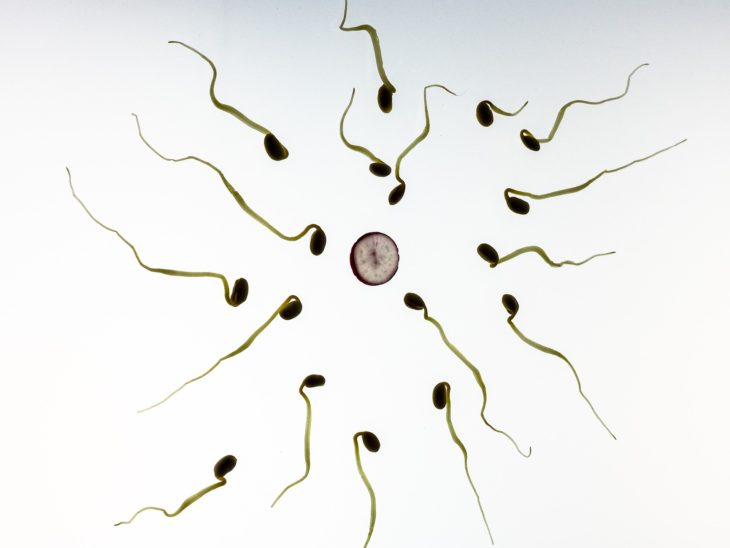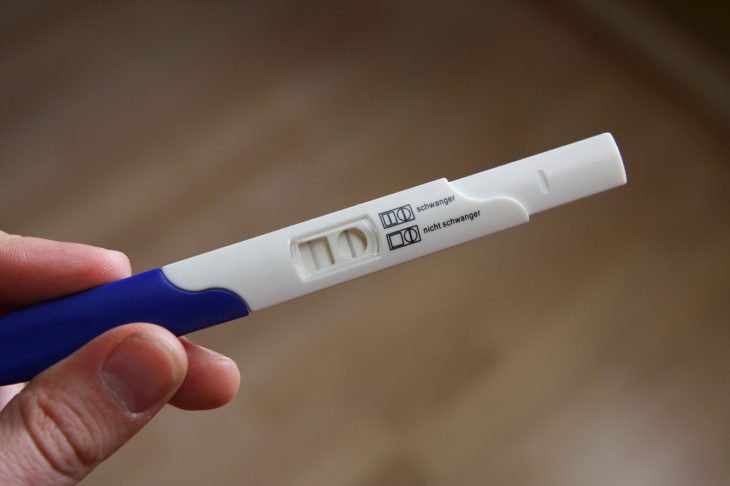6 Things You Need to Know About IVF Before Applying

In vitro fertilization, or IVF, is possibly one of the most widely recognized treatments for infertility in the world. The high success rate for IVF, combined with the ever-growing technology in the area of fertility, makes IVF one of the first courses of treatment for couples, or individuals, who are trying to conceive. The basics […]
I’ve Had Multiple Miscarriages, What Can I Do to Conceive?

Miscarriage is devastating for any parent. The heartbreak and agony of losing a pregnancy so dearly hoped for can easily turn one of the happiest occasions into one of the saddest moments in your life. And the emotional repercussions of miscarriage follow you through any future pregnancies you may have. When a couple, or individual, […]
How Nutrition and Weight Can Impact Your Fertility

We’re learning more and more everyday about the role nutrition plays in lifelong good health. In fact, a healthy diet, along with exercise, and living in a way that takes care of our bodies instead of stressing them, is the very foundation of physical, and emotional, well-being. Nutrition is at the root of all of […]
Worried About Your Embryo? See How Embryo Testing Lays Your Concerns to Rest

When you’re undergoing treatment for infertility it can be difficult to put your fears to rest. After all, you’ve already experienced the frustration and heartache caused by roadblocks you’ve encountered along your journey to having a baby. You surely don’t want to come so far, only to find out there’s a serious threat to your […]
Little Swimmers Struggling? Here Are a Few Things You Can Try

One in six couples deals with infertility when trying to start a family. Women are usually quick to assume the responsibility of checking in with a fertility specialist, scheduling the proper tests, and finding ways to improve their own fertility. However, in half of the cases of compromised fertility men are the primary contributors to […]
5 Things Women Need to Know About Egg Freezing

For many women, egg freezing is a miraculous medical advancement. In the past, women who were facing uncertainties in their future fertility, due to cancer, or other medical issues, or who had yet to find a suitable partner, had no real options. Now, women who previously had little to no hope of conceiving a child, […]
I’m Having Trouble Getting Pregnant in My 40’s-What Options are Best For Me?

It seems as though age has little to do with getting pregnant these days. After all, 40 is the new 30-or is it 20? Celebrities, and even your friends and family members, appear to have no problem pushing motherhood off until well into their 40’s. And they make it look so easy. Odds are, if […]
What Are the Chances of Twins With Different Fertility Treatments

The mere mention of fertility treatments usually causes anyone within ear shot to comment on your odds for multiples, such as twins, triplets, or reflect on Octo Mom (remember her?), offering opinions, citing examples, and basically getting in your business. You already know and probably understand that multiples are a risk in many fertility treatments. […]
Are These Common Fertility Myths Holding You Back?

Medicine, in general, is filled with myths and legends. Common old wives tales like “starve a cold, feed a fever” are still quoted today, and grandmas everywhere warn against swimming after eating. Although neither admonition is true, it seems the myths perpetuate, to some degree. The same is true of fertility myths. There are still […]
Understanding PGT and What It Means for You

PGT, or Preimplantation Genetic Testing (formerly known as PGS) is part of the new terminology related to genetic testing of embryos for certain conditions, prior to implantation. This new term covers all tests performed to assess the viability and health of embryos. Prior to the implementation of this new term, you may have heard genetic […]

